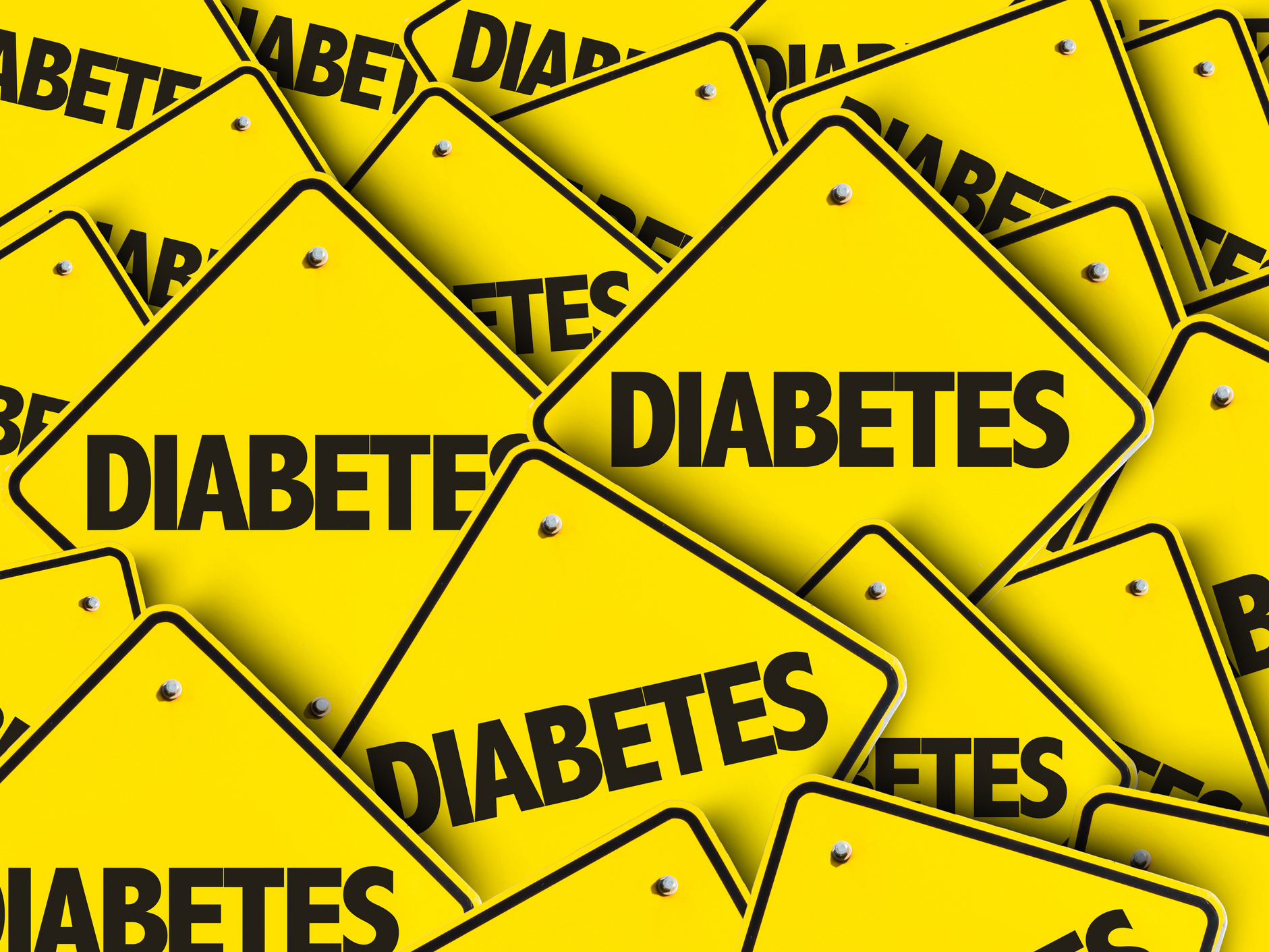Get Easy Health Digest™ in your inbox and don’t miss a thing when you subscribe today. Plus, get the free bonus report, Mother Nature’s Tips, Tricks and Remedies for Cholesterol, Blood Pressure & Blood Sugar as my way of saying welcome to the community!
The vitamin deficiency that makes type 2 diabetes 4x as dangerous

Vitamin D helps your body absorb calcium so you can build strong bones. That alone is reason enough to ensure you’re getting enough vitamin D, either through diet or supplements or both.
But what else does vitamin D do you for you? And besides thin and weak bones, what happens if you don’t have enough?
Well, the results of a 20-year vitamin D study of 78,000 adults are in. It reveals some bad news.
But there’s good news, too.
Good news: The study found that a lack of vitamin D does NOT necessarily increase your risk of heart disease or cancer.
Bad news: The study also found that people with low levels of vitamin D had “a more than fourfold higher risk of dying from diabetes complications,” versus those with adequate levels.
Ouch.
The connection between vitamin D and diabetes
Vitamin D acts as a hormone in the body that helps to regulate the immune system. Having enough vitamin D may help to prevent the onset of type 1 diabetes, which is an autoimmune disorder.
Vitamin D also helps regulate insulin and insulin sensitivity. This, in turn, regulates blood sugar. So that means that having adequate vitamin D levels may help to prevent type 2 diabetes, which can happen when blood sugar is too high.
You can reduce your risk of ever developing either type of diabetes — and therefore reduce your risk of dying from complications of these diseases — by ensuring you have enough vitamin D right now and into the future.
You see, the study found that supplementing with vitamin D later in life did not prevent the onset of type 2 diabetes in people who were at high risk.
But they did discover that people younger than 60 who had good levels of vitamin D had a much smaller risk of dying from type 2 diabetes than people who were deficient.
That’s more good news! It’s not too late to ensure you have enough vitamin D to reduce your risk of dying from diabetes complications.
How to get enough vitamin D
If you suspect you may be vitamin D deficient, insist that your doctor check the levels in your blood. From there, if you need to boost your levels, there are two ways to do it: eating foods rich in vitamin D, and vitamin D supplements.
Vitamin D is found in fatty fish like salmon and tuna. Beef liver, cheese, and eggs are also rich in vitamin D. You can find fortified foods as well. If you eat a lot of these kinds of foods, you may not need supplements. But if you’re not into meat, seafood, and dairy, you will likely need a “helper.”
The recommended RDA is 600 IU (International Units)/day of vitamin D. However, we know that amount is barely sufficient for bone health. Most supplements offer a therapeutic dosage of 5,000 IU/day for adults. Talk to your doctor about how much is right for you.
There is such a thing as vitamin D toxicity, which can cause calcium to build up in the blood. This can cause nausea, vomiting, weakness and kidney problems.
Fortunately, you don’t usually have to worry about vitamin D toxicity unless you’re taking something like 60,000 IU/day, which is definitely not recommended.
Vitamin D is not as toxic as once thought, and accidental toxicity is rare. However, it can more easily occur if a person has the following conditions: granulomatous disorders including sarcoidosis, William syndrome, some lymphomas, and the rare genetic disorder of the absence of the 25-hydroxyvitamin D-24-hydroxylase.
Your body does synthesize vitamin D from sunlight, but it’s not enough. Plus, people in cold climates can’t get enough year-round, and there are still concerns about sun damage and skin cancer.
So, if you’re worried about getting enough vitamin D, high-quality supplements are the way to go. It’s worth it to keep your body healthy!
Editor’s note: Are you feeling unusually tired? You may think this is normal aging, but the problem could be your master hormone. When it’s not working, your risk of age-related diseases skyrockets. To reset what many call “the trigger for all disease” and live better, longer, click here to discover The Insulin Factor: How to Repair Your Body’s Master Controller and Conquer Chronic Disease!
Sources:
- Low vitamin D levels, shorter life? — Penn State Hershey Medical Center
- What is vitamin D toxicity, and should I worry about it since I take supplements? — Mayo Clinic













